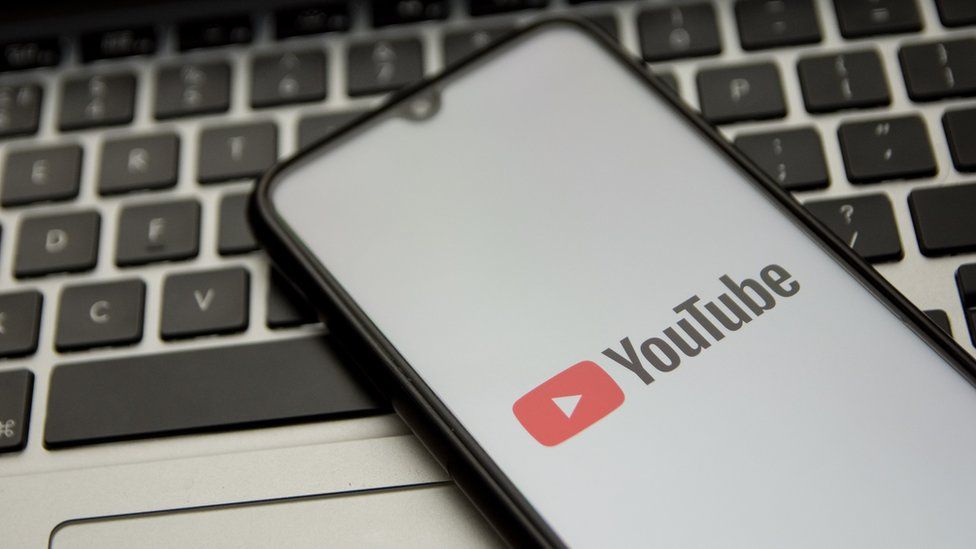According to a global coalition of fact-checking organizations, YouTube is a major source of online disinformation and misinformation around the world, and it is not doing enough to combat the spread of lies on its platform.

The video platform is hosting content from groups like Doctors for the Truth, which spread Covid misinformation, and videos supporting the “fraud” narrative during the US presidential election, according to a letter signed by more than 80 organizations, including Full Fact in the UK and the Washington Post’s Fact Checker.
“YouTube is allowing unethical actors to use its platform to control and exploit others, as well as to organize and finance themselves.” The letter to YouTube’s CEO, Susan Wojcicki, claims that “current safeguards are proving insufficient,” describing YouTube as a “primary conduit” for falsehoods. The letter asks YouTube, which is owned by Google, to make four changes to its operations: funding independent research into disinformation campaigns on the platform; providing links to rebuttals inside videos distributing disinformation and misinformation; stopping its algorithms from promoting repeat offenders; and doing more to combat falsehoods in non-English-language videos.
The letter concludes, “We hope you will consider implementing these ideas for the public good and to make YouTube a platform that actually does its best to prevent disinformation and misinformation from being weaponized against its users and society at large. “Misinformation is when misleading information is disseminated without the intention of causing harm, whereas disinformation is when false information is shared without the intention of causing harm.
The factcheckers’ letter, which challenges claims made by domestic governments, online posts, and media organizations, claims that YouTube’s failure to combat disinformation and misinformation is particularly pronounced in the global south, which includes countries in Latin America, Asia, and Africa. Concerns regarding safety measures in non-English language countries were a crucial reason in Facebook whistleblower Frances Haugen’s decision to go public about problems at the social media company.
The signatories, which include fact-checking organizations from India, Nigeria, the Philippines, and Colombia, cite examples of false content about former Filipino president Ferdinand Marcos – whose son is running for president – and the amplification of hate speech against vulnerable groups in Brazil.
The signatories are from more than 40 countries with a range of funding backgrounds. Full Fact, a UK charity, Washington Post Fact Checker, a fact-checking foundation supported by the eponymous newspaper, Maldita, a fact-checking organization in Spain, and India Today, a unit of the privately held TV Today Network, are among them.
According to YouTube’s community guidelines, “some categories of misleading or deceptive content with a serious risk of grievous harm” is prohibited, including the promotion of hazardous medicines or treatments and election meddling. Non-English language-speaking countries such as Vietnam, India, and Brazil lead the top 10 countries for banned videos, according to YouTube.
YouTube has taken measures to combat Covid disinformation, banning misrepresentation about Covid vaccinations in October 2020, shortly after Facebook took similar action on its own site. A year later, it announced that videos that propagated misinformation about all vaccines would be removed.
Elena Hernandez, a YouTube spokesperson, responded to the letter by saying the company had invested heavily in policies like reducing the spread of “borderline” misinformation, which is a term for content that comes close to – but doesn’t quite cross the line of – violating the platform’s guidelines.
“We’ve invested extensively in policies and products in all of the countries where we operate over the years to connect people to authoritative content, minimize the spread of borderline misinformation, and delete violative films,” Hernandez explained. “We’ve made great progress, with recommended borderline disinformation accounting for less than 1% of all YouTube views, and only approximately 0.21 percent of all views consisting of violative content that we later remove. We’re always looking for ways to improve, and we’ll keep working with the fact-checking community to do so.”











